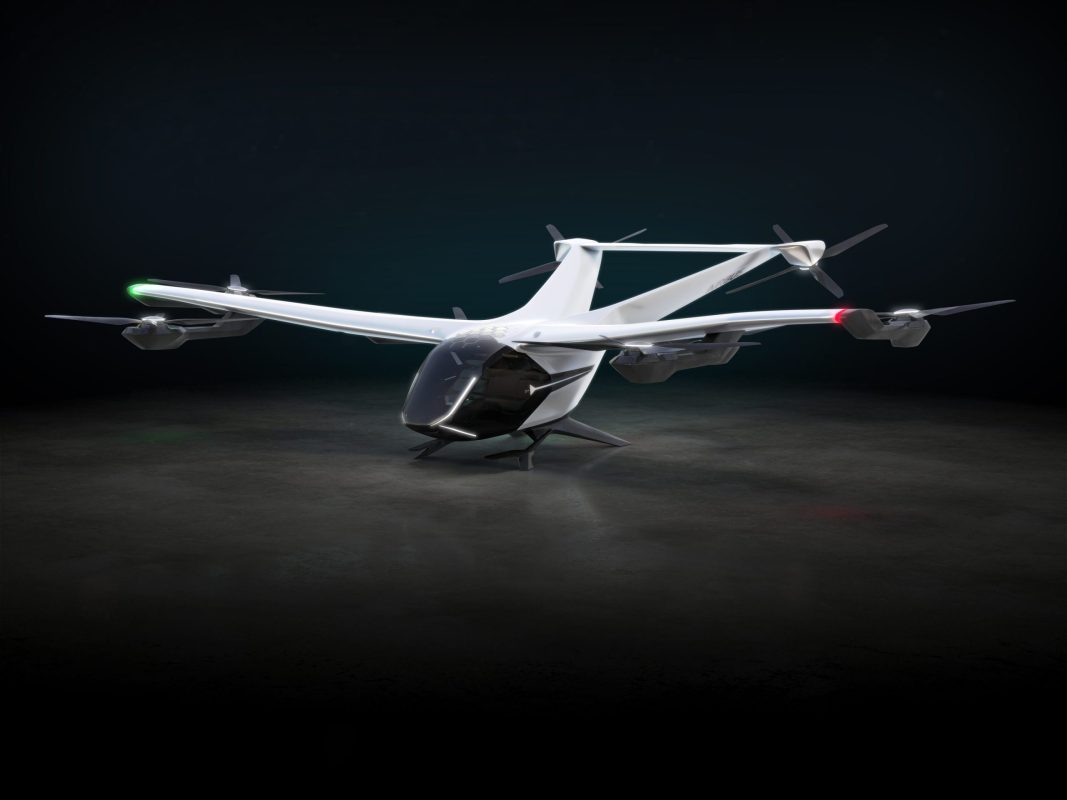Imagine a world where rush hour traffic is a distant memory, and commutes are measured not in minutes stuck on congested roads, but in breathtaking cityscapes whizzing by beneath you. This is the future that Airbus hopes to create with its innovative CityAirbus NextGen, an all-electric vertical take-off and landing (eVTOL) vehicle poised to revolutionize urban transportation.
In the bustling corridors of aerospace innovation, a partnership is taking shape that’s poised to redefine urban mobility. Airbus, a titan in the aviation industry, has joined forces with MAGicALL, a Californian specialist in electric propulsion, to create the CityAirbus NextGen – a forerunner in the eVTOL (Electric Vertical Take-Off and Landing) space. This collaboration, announced on May 10, 2023, is not just about developing an aircraft; it’s about crafting a new narrative for urban transportation.
The PIBOT project under the auspices of KAIST (Korea Advanced Institute of Science & Technology) has stirred global attention, as it promises a humanoid machine capable of handling intricate aviation tasks. These human-like robots might be the co-pilots of our future.
Airbus, a leading global player in the aerospace sector, has launched a revolutionary step in airplane automation. The company’s experimentation with an Airbus A350-1000 aircraft has produced a system that doesn’t merely control the plane, but communicates in human speech with air traffic controllers. The project, termed DragonFly, has propelled Airbus into a new era of technology and has transformed the traditional understanding of air travel.
Imagine the scene: you look up from the crowded pavement of your metropolitan home and instead of seeing the occasional plane or helicopter, you see a swift, whispering sound of vehicles darting back and forth across the sky. This is not a scene from a science fiction film, but a vision of a future where air taxis and flying vehicles play an important role in public transport. But what will it take for them to become widespread ?
The sky of the future holds a fresh vision of Airbus. A gleaming, brand-new incarnation of the European aircraft manufacturing giant’s A320neo family is anticipated to make its debut sometime between 2035 and 2040. Ambitious targets set the prospective fuel consumption at 20-25% less than current levels, but numerous obstacles remain. Central to these is the necessity of fine-tuning the Open Fan technology, a cutting-edge engine design developed by CFM.







